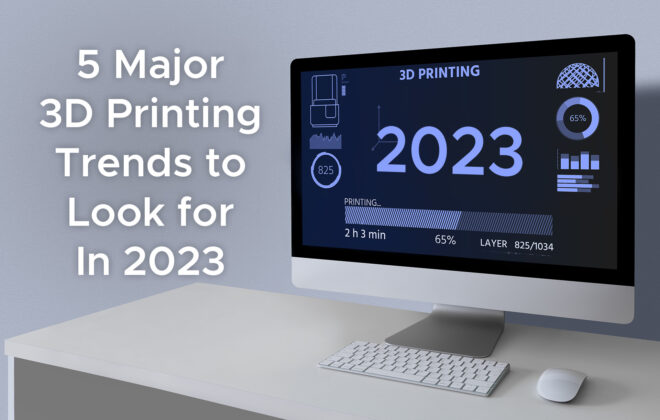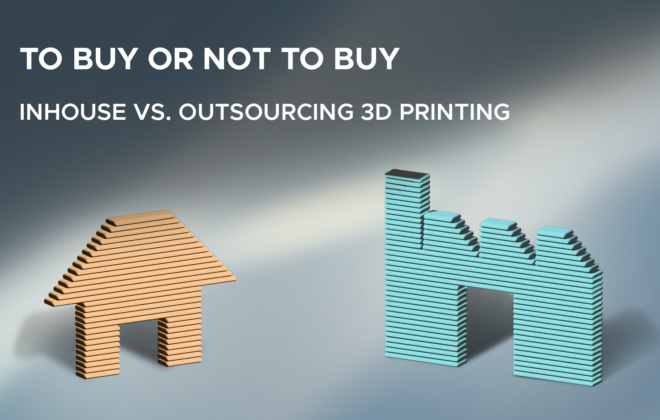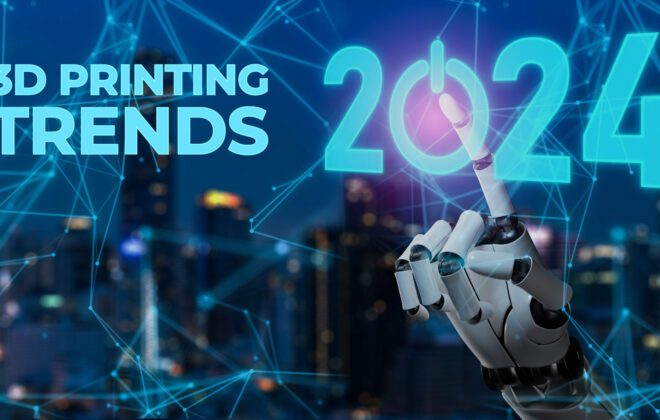Reshoring Manufacturing in Europe via 3D Printing
As global disruptions reshape the industrial landscape, reshoring manufacturing in Europe has become a key strategy. Companies now seek more control over supply chains, cost reduction, and long-term resilience.
Across industries from transportation to healthcare and industrial equipment, manufacturers in Europe are rethinking how and where they produce. At the heart of this shift is digital manufacturing. In particular, additive manufacturing plays a crucial role in making reshoring manufacturing a reality.
Why Reshoring Is Gaining Momentum in Europe
Rising geopolitical tensions, high shipping costs, material shortages, and ESG demands have revealed serious supply chain risks. Consequently, many European businesses are actively reshoring manufacturing. This helps reduce dependency on distant suppliers, improve responsiveness, and ensure operational stability.
Moreover, localized production offers major benefits. These include faster lead times, fewer carbon emissions, and better compliance with EU regulations. It also improves control over product quality and intellectual property. Therefore, reshoring manufacturing is becoming essential for companies that want stability and sustainability.
The Strategic Role of Additive Manufacturing in Reshoring
Additive manufacturing is changing how products are designed, sourced, and delivered. Traditional methods need long lead times, costly tooling, and high volumes. In contrast, 3D printing supports fast, small-batch, and on-demand production.
As a result, reshoring becomes not only feasible but also financially viable.
Key Advantages of Additive Manufacturing for Reshoring
A key driver of this shift is additive manufacturing, also known as 3D printing. It brings several advantages to modern manufacturing systems.
Localized production is one of the most impactful benefits. Manufacturers can now produce parts near their point of use. This reduces logistics costs, shortens delivery times, and cuts emissions from shipping. As a result, companies improve efficiency and support EU climate goals.
Moreover, 3D printing is cost-effective for low volumes. It eliminates the need for expensive tooling and large production runs. This makes it ideal for spare parts, prototypes, and customized items—without the waste of traditional methods.
Another breakthrough is the use of digital inventory. Instead of storing physical stock, companies keep secure digital files and print parts as needed. This approach reduces warehouse costs, prevents overstocking, and improves part availability.
Europe’s Policy and Industry Landscape : A Push Towards Resilience
The European Union’s industrial strategy supports a strong shift to sustainable and digital manufacturing. With more funding, higher standards, and growing expertise in additive manufacturing, Europe is well-positioned to lead in reshoring manufacturing.
Governments, industry bodies, and innovators are working together to build local, resilient, and future-ready supply chains.
How Replique Is Powering the Next Industrial Revolution
Reshoring manufacturing and supply chain transformation are no longer just trends, but they are urgent needs. 3D printing is opening up new possibilities for companies to increase flexibility, cut costs, and reduce risks.
We support our customers at every step: design, material selection, technology advice, quality control, and logistics.
Our platform includes technologies like 3D printing, CNC machining, injection molding, casting, forging and many more. It connects easily to ERP and e-commerce systems. Leading companies like Alstom, MAN, Danfoss, and Miele already rely on Replique. They trust us to help them build localized, scalable, and resilient production models.
At Replique, we provide a secure digital manufacturing platform that helps OEMs source parts on demand. Our decentralized network includes over 250 certified production partners.
Categories
- 3D printing industries (6)
- 3D Printing Materials (1)
- Basics (3)
- News (1)
- Point of View (10)
- Press (20)
- Press (20)
- Sustainability (3)
- Technology (6)
- Uncategorized (1)
- White Paper (1)



